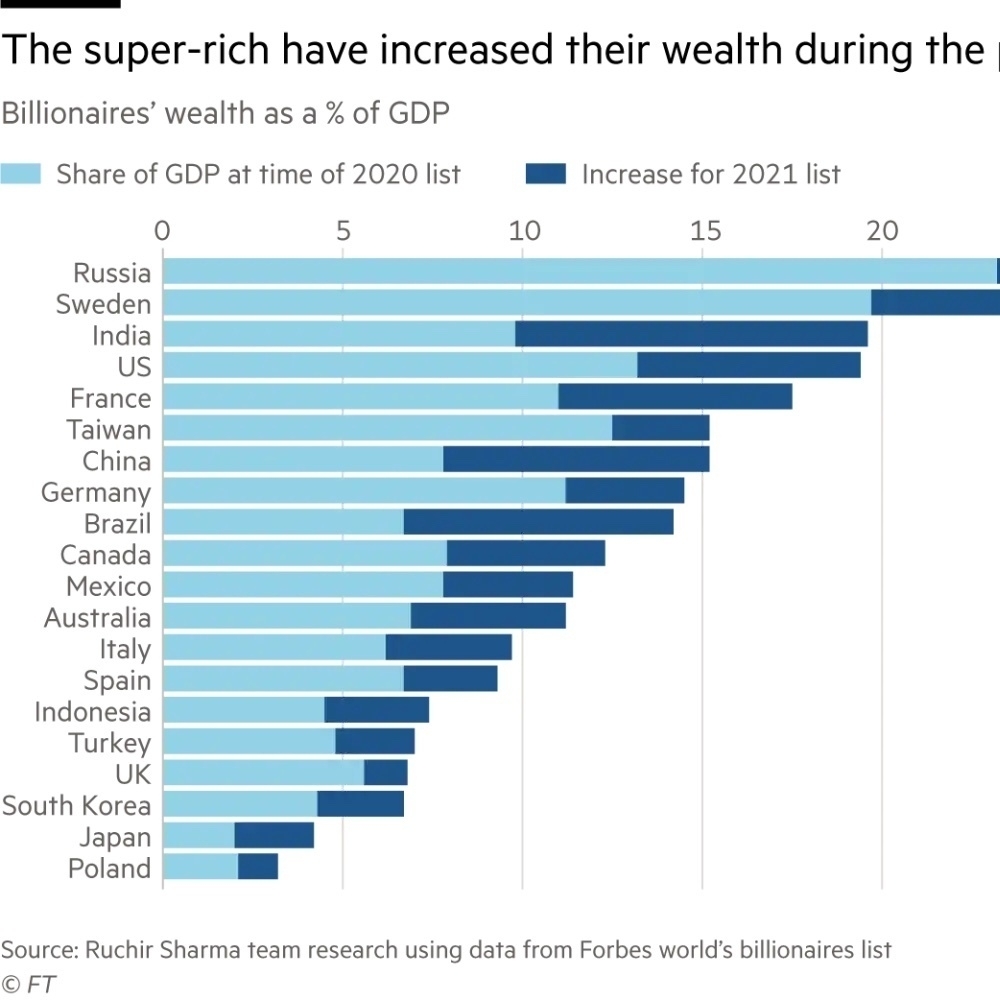Another weekend read. This one from today’s Bloomberg columnist John Auther’s column Covid Pitted Life Against Liberty and Vanquished Both which is and outstanding piece on where does an individual’s liberty impact another person’s pursuit of happiness? Across the last twelve months there have been many people screaming that their freedoms had been taken away from them. Most (all those people screeming in stores) clearly have no idea about law and the constituion. But in general these complaints were usually about how their own freedoms were impacted, not taking into account how they were impacting other people’s freedoms. Auther does a great job in summarizing the various concepts of freedom and liberty, the various types – negative liberty (freedom from interference, the freedom to be left alone) and positive liberty (the freedom to do what one wants).
But to me one of the critical quotes comes fairly early on in the piece, it is by John Locke and I think it addresses a key part, more or less the golden rule, which is too often forgotten by those screaming freedom: Locke believed in natural rights to life, liberty and property. But for men to be free, he saw that they must allow others to be free. Thus, in his formulation, freedom did not include a right to “harm another in his life, health, liberty, or possessions” and included an obligation to “preserve the rest of mankind.”
Auther keeps on going through various thinkers, economics, philosophers (oh and also Ayn Rand who in my view is not a philosopher but should really be considered just a third rate auther) and how they interpreted the limits of liberty and freedom, especially when it comes to when those freedoms impact other people’s freedom or pursuit of happiness.
My view is very much that ones rights, as well as freedomes can’t interfer with another person’s rights and liberties and the last paragraphy by Auther makes this point much better than I could:
Locke believed in natural rights to life, liberty and property. But for men to be free, he saw that they must allow others to be free. Thus, in his formulation, freedom did not include a right to “harm another in his life, health, liberty, or possessions” and included an obligation to “preserve the rest of mankind.”
 (The closest photo I could find that relates to the below podcast … this one was taken not far from the Port of Long Beach)
(The closest photo I could find that relates to the below podcast … this one was taken not far from the Port of Long Beach)
 (Photo, a street scene from downtown LA – I thought it would connect well to the first of the two dialy reads)
(Photo, a street scene from downtown LA – I thought it would connect well to the first of the two dialy reads)
